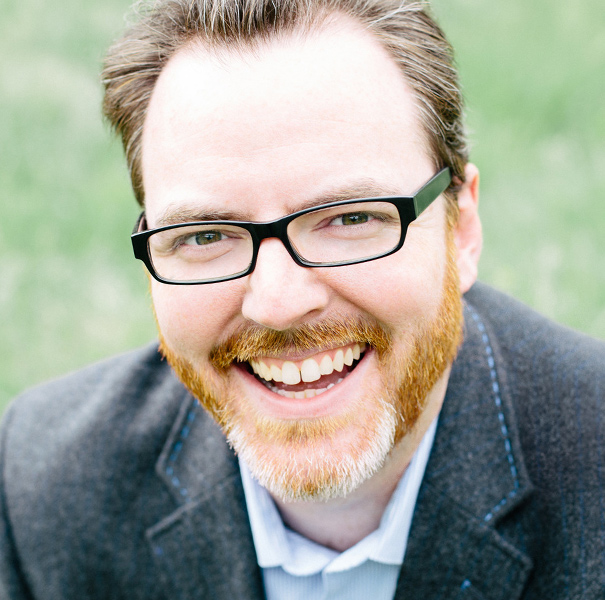I’m so happy to have on one of my very favorite podcasters, Mike McHargue. Mike is a joy to speak to and brings grace and insights to his show and I know you’ll enjoy our conversation.
The show notes today are stuffed full of links to everything we mention in the episode. Check it out below! Support what I’m doing, if you can, by listening to other episodes, sharing this show, or chipping in as a supporter with a dollar or more. (scroll to the bottom for all of that too.)

To share any part of this audio, click on the red and white icon below.
Podcast: Play in new window | Download (Duration: 40:28 — 55.6MB) | Embed
Subscribe to Spark My Muse Apple Podcasts | Spotify | Email | TuneIn | RSS | Subscribe to Spark My Muse
SHOWNOTES:
Science Mike McHargue:
new book: Finding God in the Waves
Intro 1:00
Finding God in the Waves
coming September 13 (2016)
Starting with the Liturgists podcast
on art, faith, and science
Ask Science Mike off shoot
5:30
Questions are okay.
7:30
Being aware of ignorance – not to be mistaken for humility.
8:00
“Understanding the mechanism behind a miracle doesn’t make it any less miraculous.”
Art is like this too.
these scientists appreciated the arts and mystery.
12:00
Seeing the Divine.
And understanding and appreciation he Trinity. Father, Son, Spirit
Celtics and Eastern Orthodox. Philokalia
Catholic Mystics
18:30
Who he’s reading. Richard Rohr, Thomas Merton, Thomas Keating.
Christianity is Eastern religion.
21:00
The great Schism 1,000 AD
dogma and chrisma
Karen Armstrong – The History of God.
Making meaning of the world and avoiding magical thinking.
25:00
Superstition is anti – science
Processing reality using language is what humans do.
T.M. Lurhmann with Stanford. “When God Talks Back” religious communities.
psych absorption test. thinking God is responsive in prayer.
The more you pray the more likely you will have these experiences.
Genetically primed to “hear” from God and environmental factors and disciplines. It helps us be better in the world.
Tanya Lurhman on NPR’s Fresh Air with Terry Gross March 26, 2012-
30:00
Anthropologist and charismatic experience is easily replicable. Is the brain an antenna?
Deeply materialist views of the world disturb people.
32:30
Does Mike have haters?
At LIVE events there is a lot of love even among people who might be thought to be polarized.
35:30
About his Book Tour
Ask Science Mike Events
18-20 places.
TO HEAR THE BONUS AUDIO WHERE Science Mike answers my questions
CLICK HERE!
(It’s amazing.)
Listen to many other fantastic guests and my special SOUL SCHOOL installments!
To give a one time gift so I can continue to create podcasts, CLICK HERE.
To “go steady” and support monthly at $1 or more CLICK HERE.
Pick a subscribe option!


![Eps 62: The [Christian] Argument for Absolute Non Violence](https://lisadelay.com/blog/wp-content/uploads/2016/05/PrestonSprinkle.jpeg)







